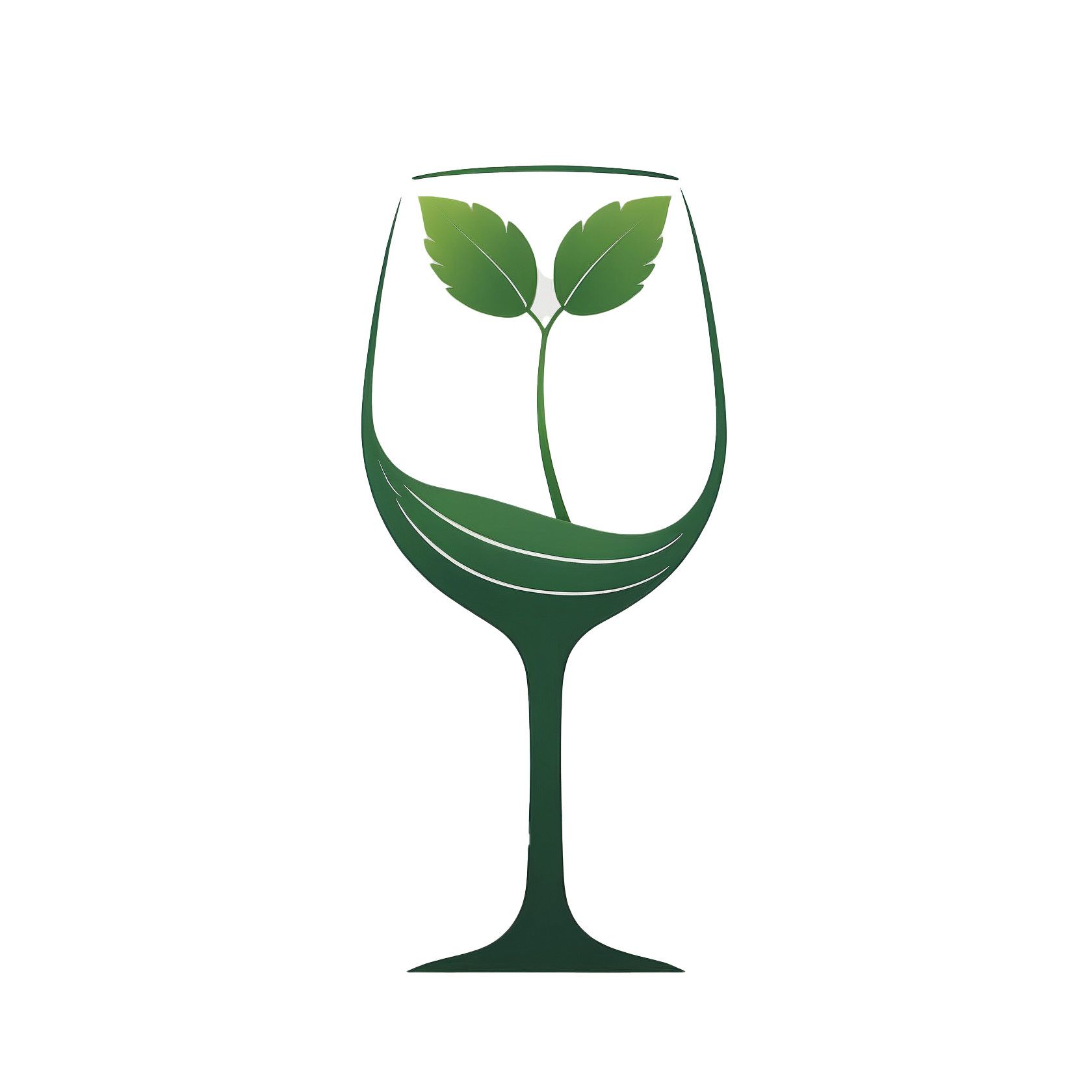Crossroads - A Sober Stoic's Dilemma

Life's crossroads often sneak up on us, don't they? Today, I'm wrestling with a situation that's got my mind tied up in knots tighter than a sailor's rope. An old friend — let's call her Margarita (not her real name, but fitting, right?) — has reached out after a long radio silence. As I grapple with whether to reconnect, I'm reminded of Epictetus' words about examining our opinions and how we've changed over time. It's time to look hard at this situation through my newly sober eyes.
The Ghost of Drinking Past
Two years ago, Margarita and I were inseparable, our friendship fuelled by late nights and shared bottles. I remember one particularly wild night when we decided to crash a stranger's party, convinced we were long-lost friends of the host. We ended up leading an impromptu karaoke session using empty wine bottles as microphones. At the time, it seemed hilarious, but now? It's a stark reminder of how alcohol warped our judgment and behaviour.
Now, with the fog of alcohol lifted, I'm questioning the very foundation of our bond. Seneca suggests we should "explain by facts and not by mere words the hideousness of the thing and its haunting evils".
So, let's be honest about our friendship—a relationship built on shared vices rather than shared values.
Sober Reflections on Past Relationships
Sobriety has gifted me a new perspective, much like Epictetus' chain method for breaking bad habits. There's this nagging feeling — and I stress it's just a feeling — that Margarita might be a bit manipulative and selfish. Is this my sober mind finally seeing clearly, or am I just being overly cautious?
I've watched Margarita go through friend groups faster than a toddler through clean shirts. Each time, she emerged as the victim, blaming everyone else for the fallout. But when it happens that regularly, you've got to wonder: Is it everyone else, or is it her?
Questions flood my mind: How would I handle meeting her? Could I maintain boundaries? Or would old patterns suck me back faster than you can utter "just one drink"? This dilemma transcends mere sobriety (though that remains non-negotiable). It's about staying true to my evolved self and hard-earned recovery values.
Sober Thoughts on Boozy Friendships
Here's where my inner stoic philosopher (yeah, I've got one of those) chimes in. Marcus Aurelius reminds us, "The happiness of your life depends upon the quality of your thoughts."
Instead of spiralling into worst-case scenarios or getting caught up in "what ifs", perhaps it's time to examine my thoughts more closely. Why am I so hesitant? Is it fear of relapse? Fear of judgment? Or is it simply that I've outgrown this friendship?
Marcus also warned against false friendships, comparing them to wolves befriending sheep. Ouch. That hits close to home, doesn't it? As I contemplate meeting Margarita, I'm practising what Epictetus calls the discipline of assent — carefully examining my judgments to avoid being deceived.
Recovery isn't just about staying sober — it's about growing, evolving and becoming a version of yourself that you're proud of. And sometimes, that means outgrowing relationships that no longer serve you. It's tough but necessary.
The Stoics emphasise the importance of self-interest but not in a selfish way. They argue that we're better equipped to serve others and society by taking care of ourselves and our character.
So maybe the question isn't "Should I meet Margarita?" but "What's the wisest course of action for my continued growth and sobriety?"
Self-Care vs. Compassion in Recovery
At the end of the day, I think Marcus (we're on first-name terms now) would tell me to approach this with wisdom and emotional balance. Maybe it's not about making a permanent decision but about taking small steps.
Epictetus reminds us to focus on what we can control. In this case, those are my actions and responses, not Margarita's behaviour or choices.
What I do know is this: My sobriety and peace of mind come first. If rekindling this friendship threatens that, then it's a no-go, period. But maybe—just maybe—there's a middle ground—a way to honour the past while protecting my present and future.
The Stoic Approach: Wisdom in Action
As I grapple with this dilemma, I'm reminded of the four critical habits Marcus Aurelius often revisited. These habits form the cornerstone of Stoic practice, guiding us through life's challenges:
- Accept only what is true.
- Work for the common good.
- Match our needs and wants with what is in our control.
- Embrace what nature has in store for us.
Applying these principles to my situation, I realise:
- The truth is Margarita and I shared a past, but we're different people now.
- The common good might be served by offering compassion, but not at the expense of my own well-being.
- I can control my response to Margarita's reach-out but not her actions or expectations.
- Whatever happens, this is an opportunity for growth and self-reflection.
A Path Forward
As I sit here typing this out, I realise something: It's OK to be uncertain. Taking your time in making decisions is OK, especially when they involve complex emotions and shared history. This aligns with the Stoic practice of carefully examining our judgments to avoid being deceived.
For now, I'm going to sit with this uncertainty. I'm going to continue to examine my thoughts, work on myself, and trust that the right path will become apparent in time. And who knows? Maybe Margarita and I will find a new way to connect that honours who we both are now. Or perhaps we'll realise that our paths have diverged too much. Either way, it'll be OK. Marcus Aurelius says we can "reignite and restart whenever we like."
Embracing Stoic Sobriety
As we navigate life's crossroads, remember that wisdom often lies in careful reflection and measured action. Whether you're grappling with old friendships or new challenges in your recovery journey, the principles of Stoicism can be your guide. Stay true to your values, focus on what you can control, and never forget that your sobriety and peace of mind come first. As Seneca reminds us, we should seek wisdom wherever we can, focusing on what makes our lives better. So, fellow Stoic sojourners, let's continue to examine our thoughts, work on ourselves, and trust that the right path will become apparent in time.
In our quest for wisdom and sobriety, let's heed Seneca's advice to "seek wisdom wherever we can find it, focusing on what makes our lives better rather than rigid affiliations".
This approach allows us to be flexible in our recovery journey and open to new insights while staying true to our core principles. Whether that means giving an old friendship another shot or choosing to move forward alone, remember that the power to reignite and restart is always in your hands.
Stay sober, stay stoic, and most importantly, stay true to yourself. We're all works in progress, striving to be both scholars and soldiers in this good fight of recovery and personal growth.




Member discussion